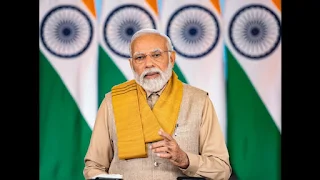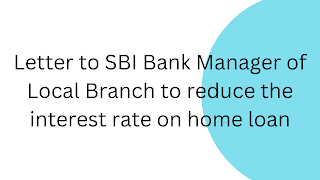Back India plans to achieve 50% non-fossil installed capacity by 2030: PM Modi
In a significant move towards green energy growth and transition, India is set to achieve 50 percent non-fossil installed capacity by 2030, Prime Minister Narendra Modi said on Saturday.
Virtually addressing the G20 energy ministers via meeting, PM Modi highlighted the importance of energy in shaping the future, sustainability, growth, and development of both individuals and nations. He expressed that despite different realities and pathways for energy transition, the ultimate goal of every country remains the same.
With India being the world’s most populated nation and the fastest-growing large economy, the country is making commendable strides in fulfilling its climate commitments. PM Modi proudly revealed that India has surpassed its non-fossil installed electric capacity target nine years ahead of schedule and has now set even higher ambitions for itself.
“We are among the global leaders in solar and wind power," the Prime Minister stated, citing India’s significant progress in clean energy adoption. To showcase the nation’s commitment, the delegates of the Working Group were given the opportunity to visit the Pavagada Solar Park and Modhera Solar Village.
PM Modi highlighted some of India’s remarkable achievements over the past nine years. These include connecting over 190 million households with LPG, achieving the historic milestone of providing electricity to every village, and striving to provide piped cooking gas to more than 90 percent of the population in the coming years. He underscored that the goal is to ensure inclusive, resilient, equitable, and sustainable energy for all.
He informed that in 2015, India began a small movement by launching a scheme for the use of LED lights which turned out to be the largest LED distribution program in the world saving us more than 45 billion units of energy per year. He also touched upon starting the largest agricultural pump solarization initiative in the world and India’s domestic electric vehicle market projection of 10 million annual sales by 2030. He also highlighted commencing the rollout of 20% ethanol blended petrol this year which aims to cover the entire country by 2025.
For decarbonizing India, the prime minister said that the country is working on Mission mode on green hydrogen as an alternative and aims to transform India into a Global Hub for the production, use and export of green hydrogen and its derivatives.
Addressing the G20 group’s role in advancing sustainable and inclusive energy transition, PM Modi stressed the importance of including the Global South and providing low-cost finance for developing countries. He advocated for bridging technology gaps, promoting energy security, and diversifying supply chains. The prime minister applauded the ‘High-level Principles on Hydrogen‘ as a positive step in this direction.
To strengthen energy security and collaboration, the prime minister suggested exploring the potential of transnational grid interconnections. India is actively promoting mutually beneficial cooperation with its neighboring countries in this regard. He invited all participating nations to join the Green Grids Initiative of the International Solar Alliance, titled ‘One Sun, One World, One Grid.’
Concluding his address, PM Modi emphasized India’s traditional wisdom in caring for the environment and launched Mission LiFE - Lifestyle for Environment, a movement aimed at turning each individual into a climate champion. He reiterated the significance of preserving our ‘One Earth,’ protecting the interests of our ‘One Family,’ and striving towards a green ‘One Future’ through our thoughts and actions, no matter how we transition.










Comments
Post a Comment